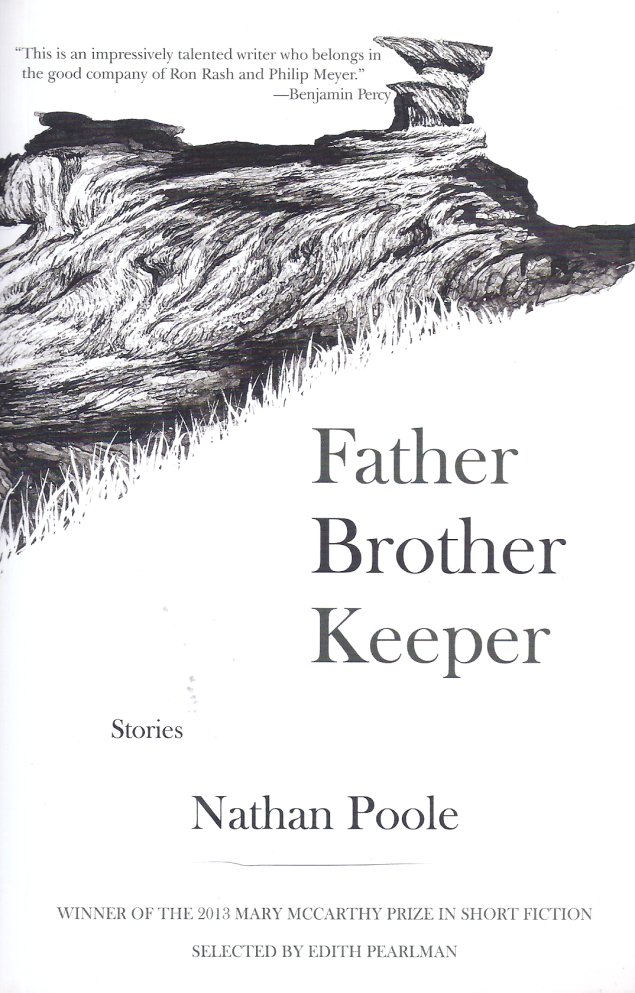Father Brother Keeper
by

In the United States the short story is alive and well. Indeed, collections from familiar names and young pretenders alike attract the attention generally only accorded novels on this side of the Atlantic. Into this crowded field with a book introduced by as formidable a practitioner as Edith Pearlman steps Nathan Poole, winner of the 2013 Mary McCarthy prize in short fiction.
Although he has enjoyed academic fellowships, Poole is a product of real life, having worked extensively as a plumber and carpenter. And like others who have trodden the road from blue-collar work to prize-winning writing – notably the Mississippi firefighter Larry Brown – Poole creates a great sense of place. Father Brother Keeper contains wonderfully evocative descriptions of the Georgia landscape, and of the effect it, the climate and the sheer hard work associated with these places can have on people.
But what really makes these stories so potent is their universality. Without tricks or affectation, Poole seemingly effortlessly creates situations in which characters have to confront terrible events – the death of a child, madness, financial ruin. Sometimes, the outcomes are bleak. But often his characters surprise each other – and us – with their understanding and readiness to forgive. As Pearlman points out, Poole has a habit of “looking closely and thinking deeply”.



